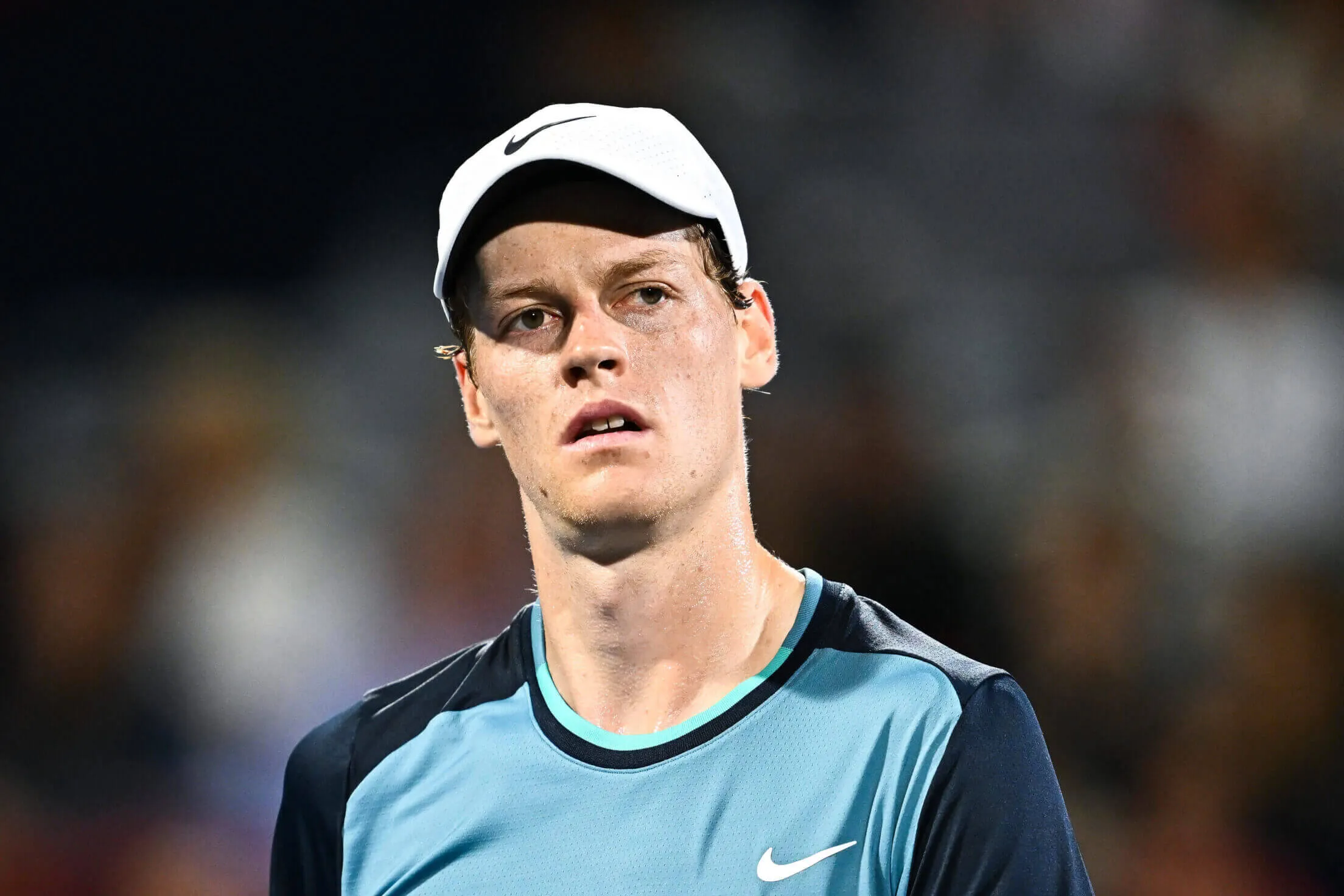Jannik Sinner Faces Sanction Due to Clostebol Doping Violations

Clostebol Doping Violations Explained
Jannik Sinner, the men’s tennis world No 1, has faced sanctions after twice testing positive for the banned substance clostebol. An independent tribunal ruled that Sinner bears no fault or negligence following both positive tests, despite the substantial penalties typically imposed for such violations.
Details of the Sanction
- An in-competition test at the BNP Paribas Open revealed an adverse analytical finding for clostebol on March 10, 2024.
- A subsequent out-of-competition test on March 18 confirmed a metabolite of clostebol.
The standard punishment for violations involving non-specified substances like clostebol usually results in a four-year ineligibility period. However, due to the tribunal's findings, Sinner was deemed to have acted without intent to misuse substances.
Investigation Findings
- Sinner’s physiotherapist brought an over-the-counter healing spray containing clostebol to the tournament.
- After treating an injury inadvertently with the spray, contamination occurred.
- Sinner cooperated fully during the investigation and continued competing throughout.
Clostebol, known for its muscle-building effects and recovery assistance, poses serious concerns for athletes. It was once associated with notorious state-sponsored doping programs. As significant cases arise, they highlight ongoing discussions about accountability in sports.
This article was prepared using information from open sources in accordance with the principles of Ethical Policy. The editorial team is not responsible for absolute accuracy, as it relies on data from the sources referenced.